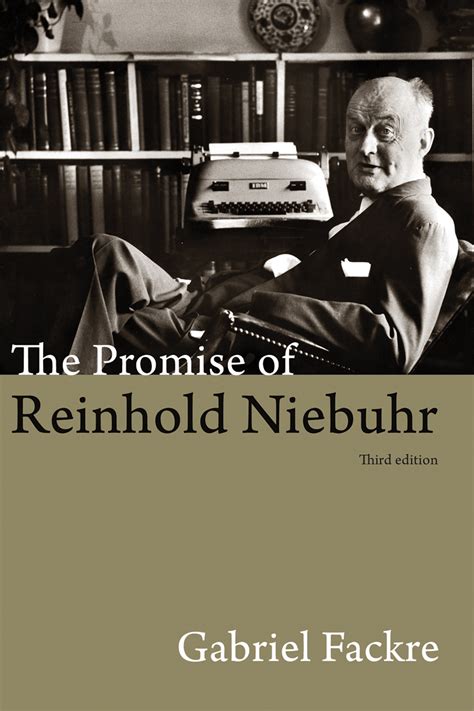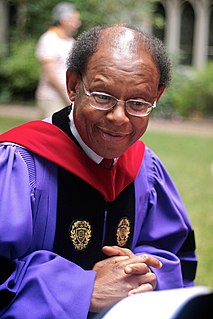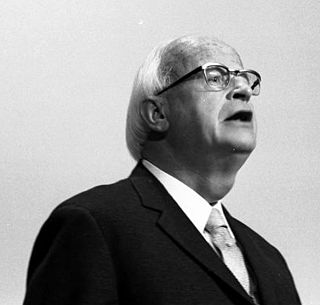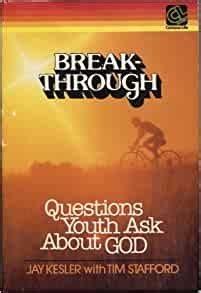A Quote by Gabriel Fackre
The Christian Theology Reader brings the best primary sources to the theological inquirer.
Related Quotes
Theology is a non-subject. I'm not saying that professors of theology are non-professors. They do interesting things, like study biblical history, biblical literature. But theology, the study of gods, the study of what gods do, presupposes that gods exist. The only kind of theology that I take account of are those theological arguments that actually argue for the existence of God.
Theology is not a private subject for theologians only. Nor is it a private subject for professors. Fortunately, there have always been pastors who have understood more about theology than most professors. Nor is theology a private subject of study for pastors. Fortunately, there have repeatedly been congregation members, and often whole congregations, who have pursued theology energetically while their pastors were theological infants or barbarians. Theology is a matter for the Church.
I don't believe that God is a fussy faultfinder in dealing with theological ideas. He who provides forgiveness for a sinful life will also surely be a generous judge of theological reflection. Even an orthodox theologian can be spiritually dead, while perhaps a heretic crawls on forbidden bypaths to the sources of life.
Sex is an aspect of human existence that has fallen prey in special measure to a very special form of theological science: the theological outgrowth or offshoot known as moral theology. Its biblical foundations are meager in the sense that nothing of the kind exists in the New Testament, so it has had to achieve its ambition largely by dint of its own efforts.
Our understanding of early Christian beginnings is usually monolithic. It is much determined by the Acts of the Apostles, which pictures a straightforward development from the primitive community in Jerusalem founded on Pentecost to the world-wide mission of Paul climaxing with his arrival in Rome, the political centre of the Greco-Roman world. The Pauline epistles are understood not so much as historical sources reflecting a much more multifaceted early Christian situation fraught with tensions but as theological treatises expounding and defending the doctrine of justification by faith.
It sounds superficially fair. But it presupposes that that there is something in Christian theology to be ignorant about. The entire thrust of my position is that Christian theology is a non-subject. It is empty. Vacuous. Devoid of coherence or content. I imagine that McGrath would join me in expressing disbelief in fairies, astrology and Thor's hammer. How would he respond if a fairyologist, astrologer or Viking accused him of ignorance of their respective subjects?
Gary Burnetts office is shelved with theological books, guitars fill the floor, and the drawers are crammed with CDs. In The Gospel According to the Blues, Gary brings his vocation as a New Testament teacher together with his passion for the blues and gives the reader scholarly knowledge and wise insight.
































